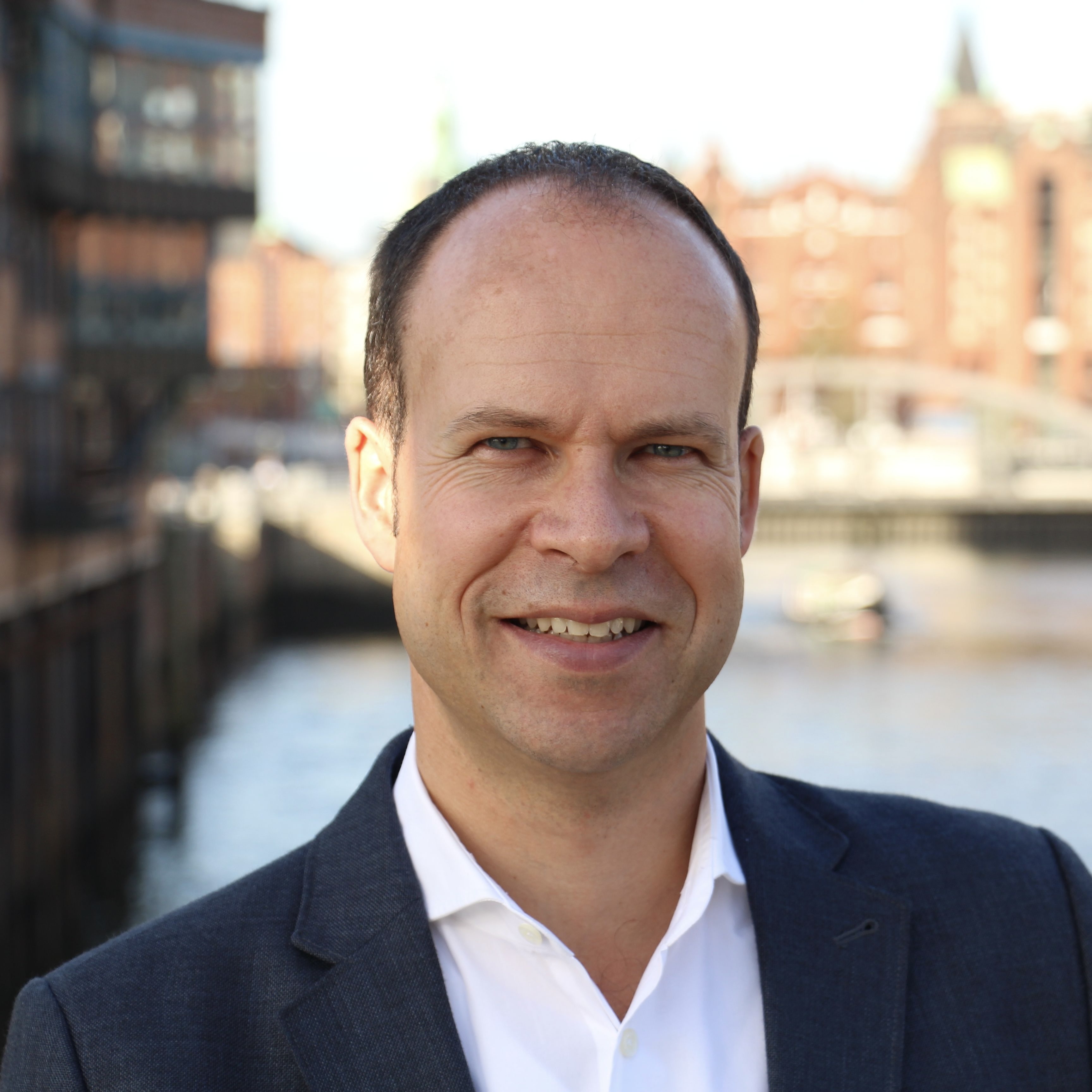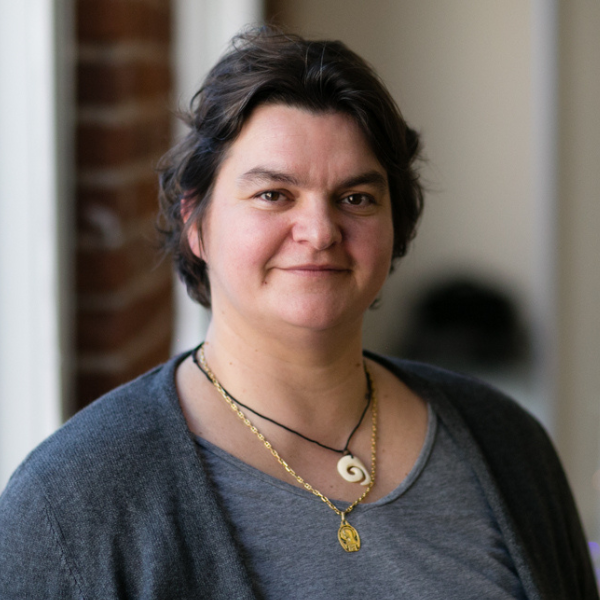EMC is not a quick-fix programme but it teaches you how to pay attention to the conscious and unconscious dynamics of human behaviour.
Ulf Marhenke

Can you tell us a little bit about your professional and personal background?
Growing up in a suburb of Hamburg, I was drawn to the world at a young age. First to a US high school, later in my studies to Canada and South Africa, among others, before I completed my Master of Law at Northwestern in Chicago.
I have always been fascinated by people from other cultures and working with them. Thus, I already worked as a mediator during my studies in the USA. My ability to connect people initially led me to the corporate world.
The task of leading M&A projects to a successful close excited me. I spent more than 15 years advising financial investors and strategists on domestic and cross-border transactions. However, purely legal advice and a focus on the rational were no longer enough for me.
Going through a professional change myself, I have recently left my law firm in order to accompany people and organisations in change processes as a coach and change consultant. Through my (legally trained) analytical skills coupled with my focus on emotions and systems-psychodynamics, I find meaning and purpose in contributing to a more humane working world.
What is a fun fact or something unexpected about you?
I love all kinds of food – I can never decide upon what dish to choose as I would like to taste them all.
What made you decide to pursue the Executive Master in Change (EMC) at INSEAD?
At the beginning of 2022 I felt burned out and asked myself fundamental questions such as where am I heading with my career, am I living up to my values, am I bringing meaning and authenticity to my work and life?
I wanted to make sure to lead a rich and fulfilling life (who doesn’t?). I came to the conclusion that I was not on the right track anymore.
INSEAD had been on my mind already for many years and the EMC seemed like a great addition to my capabilities as mediator and systemic coach.
However, I could not have imagined, what life-changing experience the EMC would become and today, I cannot imagine my life without it.
What are your impressions of the classroom atmosphere, the content, professors and your classmates so far?
I remember talking to an alum when doing my "due diligence" on the EMC in the application process. He was referring to it as a “life-changing experience”. At that time I thought he was exaggerating.
Today, I am seeing myself and my world with different eyes. EMC is not a quick-fix programme but it teaches you how to pay attention to the conscious and unconscious dynamics of human behaviour. Key to this reflective learning journey is my cohort of fellow students and our professors Erik van de Loo, Michael Shiel and Saskia de Maat.
They created a safe space in the classroom in which every single one of us can open up, address difficult matters, share thoughts and reflections of their inner and outer worlds.
It is amazing to see what deep connections have been built among each other and how supportive we are in each other’s transformational journey.
I experience the classroom atmosphere as a transitional place and a climate of interpersonal trust in which we can all grow and which is the basis for strong friendship and a great professional network.
Please share some examples of new insights / tools that you have gained through the EMC and how you’ve been able to implement them in your professional life?
Coming from the cognitive, rational-structured environment of law firms, one key learning is how to overcome purely rational management by using “self as an instrument” and paying attention to the conscious and unconscious dynamics in organisational life. The EMC has provided me with a deep understanding of the relationship of emotions to actual behaviour of humans.
Furthermore, I have discovered what an asset my sensitivity to emotions can be. The capacity to listen with the “third ear”, making use of empathy, intuition and associations, are essential to my work with individuals and teams as a coach.
Last but not least, I have learned about the “power of doing nothing”, i.e. allowing yourself periods of uninterrupted, freely associative thought. The sharing of deep reflections on what comes to mind in class has been a powerful source of learning, growth and creative thought.
Lastly, what advice do you have for people out there who may be currently reading about the programme or considering whether this is the right programme for them?
If you are at the cross-roads of your professional and/or personal life and are ready to address fundamental and sometimes even disturbing questions, EMC might be the right programme for you.
If you are wondering, why the latest change project in your organisation has failed or the post-merger integration is just not happening the way it should, EMC is for you. Buckle up as you will embark on a learning journey like no other.
Do not worry about preparing for the ride other than getting out of your comfort zone, be ready to open up, have the courage to be vulnerable and you will learn about your self, human behaviourial dynamics and how to lead organisational change.
Please reach out to current EMC students, alumni and INSEAD to answer questions you might have.




